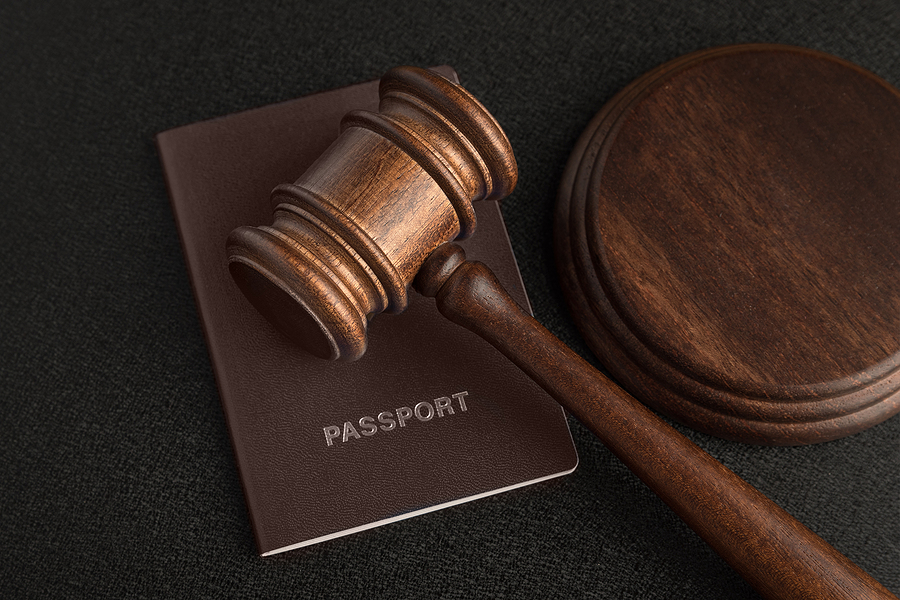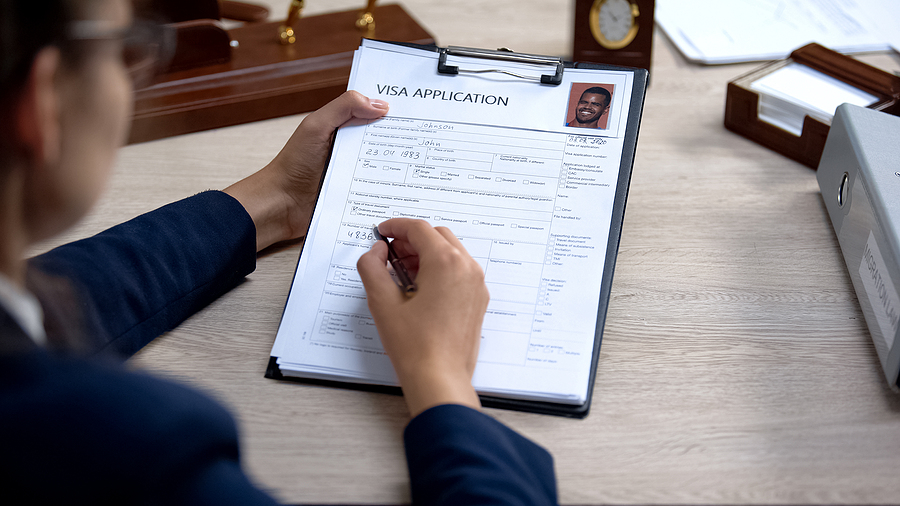
In the realm of domestic troubles, where the personal becomes painfully legal, the guidance of a compassionate yet unwavering legal ally is not just beneficial—it’s essential. Navigating through the intricacies of domestic violence cases in Brisbane requires not only legal acumen but also an empathetic understanding, qualities embodied by the city’s dedicated advocates for domestic violence survivors. We will explore their role in more detail, outlining why they are critical at these vulnerable moments.
Understanding Domestic Violence Law
Domestic violence law encompasses more than the mere issuance of restraining orders; it’s about the protection of rights and the assurance of safety for those caught in the storm of domestic turmoil. The legal framework in Brisbane is designed to offer a shield for the vulnerable and a recourse for those seeking justice.
Choosing the Right Legal Support
Selecting an appropriate Brisbane domestic violence legal expert is a critical step on the journey to recovery and justice. It’s not merely about finding someone with a thorough understanding of the law; it’s about finding a professional who can navigate the complex emotional landscapes that these cases entail. Here is where the top operators in their field shine for their clients.
Legal Strategies in Domestic Violence Cases
The best legal strategies in domestic violence cases are those that consider both immediate safety and long-term well-being. A strategic domestic abuse lawyer doesn’t just react to the circumstances but anticipates the needs and challenges that may arise throughout the legal process. It is about achieving the best with short and long-term needs.
Educating Clients on Legal Options
Education is power, and in the context of domestic violence, it can mean the difference between entrapment in a cycle of abuse and the freedom to rebuild one’s life. The role of a legal advisor for domestic violence extends beyond the courtroom; it encompasses the critical task of educating clients about their rights and the legal options available to them.
The Importance of a Supportive Legal Process
A supportive legal process is one that not only seeks to resolve the current legal issue but also aims to empower individuals to regain control over their lives. The mark of an excellent Brisbane lawyer for family abuse cases is their ability to facilitate this process with both professionalism and sensitivity. This offers a great chance to examine the role of support services in recovery, providing a pathway for survivors who want to ensure that they have a network of specialists whom they can rely upon at any given moment.
Summary
The battle against domestic violence is fought on many fronts, and the legal front is one where victories can have a profound impact on the lives of survivors.
The role of a Brisbane-based domestic violence representative is pivotal in this fight, offering not just legal representation but also a beacon of hope for those who feel lost in the shadows of abuse.
The journey towards empowerment is a challenging one, but with the right legal support, it is a journey that many can and do embark upon with strength and determination.







